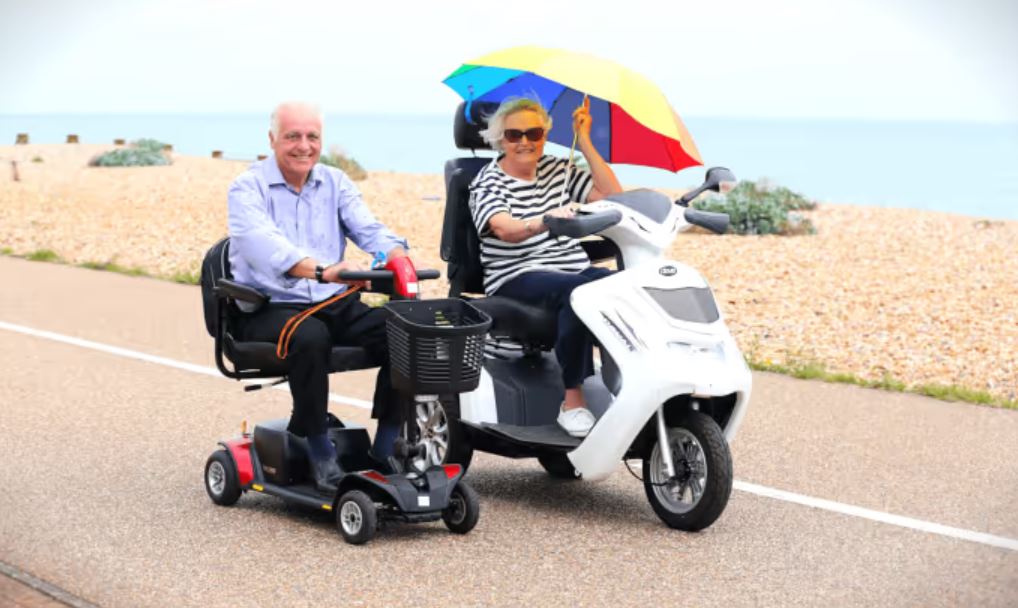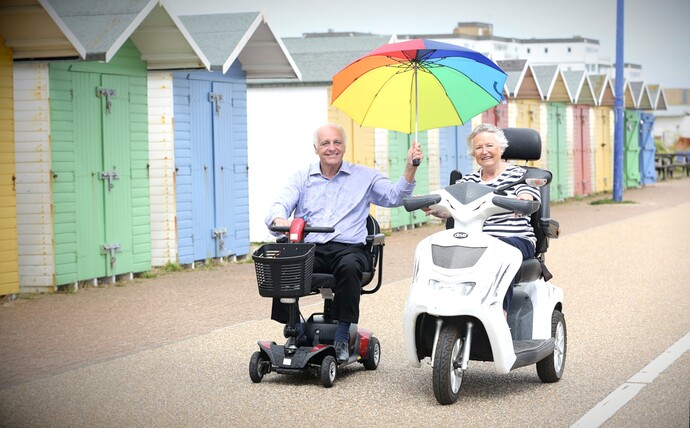NASA reveals best house plants to beat pollution
November 23, 2016

City dwellers who have no choice but to breathe a cocktail of noxious gases can turn to house plants to beat airborne pollution, according to research carried out by NASA.
Our city air is becoming more polluted. Research by King's College in 2014 found nitrogen dioxide levels on London’s Oxford Street to be the worst on Earth – a shocking revelation that is prompting new restrictions on the type of vehicles permitted to enter the city.
Dr David Carslaw, Environmental Research Group, was quoted in relation to air pollution levels on Oxford Street. He said: ‘To my knowledge this [level] is the highest in the world in terms of both hourly and annual mean. NO2 concentrations [in Oxford Street] are as high as they have ever been in the long history of air pollution.’

Despite these shameful figures and the thousands of deaths each year attributed to exhaust gases, it would be wrong to assume that the internal combustion engine is the only source of air pollution. Many of the items we use every day, from printers and plastics, to paper towels, are responsible for chemicals such as trichloroethylene, formaldehyde, benzene, xylene and ammonia.
When NASA was building the international space station thirty years ago, it carried out research on which plants could be used to filter the air within the capsule. It concluded that certain indoor plants provide a natural way of removing toxic agents from the air and that this effect could be optimized by placing at least one plant per 9 square metres.
Best house plants to beat pollution
Many common house plants, including bamboo palm, weeping fig and spider plants, were found to be effective at filtering pollutants. Ivy (hedera helix) was found to remove benzene, formaldehyde, trichloroethylene and xylene.
Gardening website lovethegarden.com has produced a useful infographic to illustrate the best houseplants to beat pollutants.
Your journey. Our world
The Environmental Transport Association was established in 1990 as an ethical provider of green, reliable travel services.
Twenty-six years later, we continue to put concern for our environment at the heart of all we do. We have been applying the highest ethical and environmental standards to our business since 1990 – long before corporate social responsibility became a buzzword – but don’t take our word for it. Beating household-name insurance companies such as John Lewis and the Co-op, we have been named ethical in Britain by the Good Shopping Guide.
Find out more about our cycle insurance, breakdown cover and travel insurance.
Information correct at time of publication.







